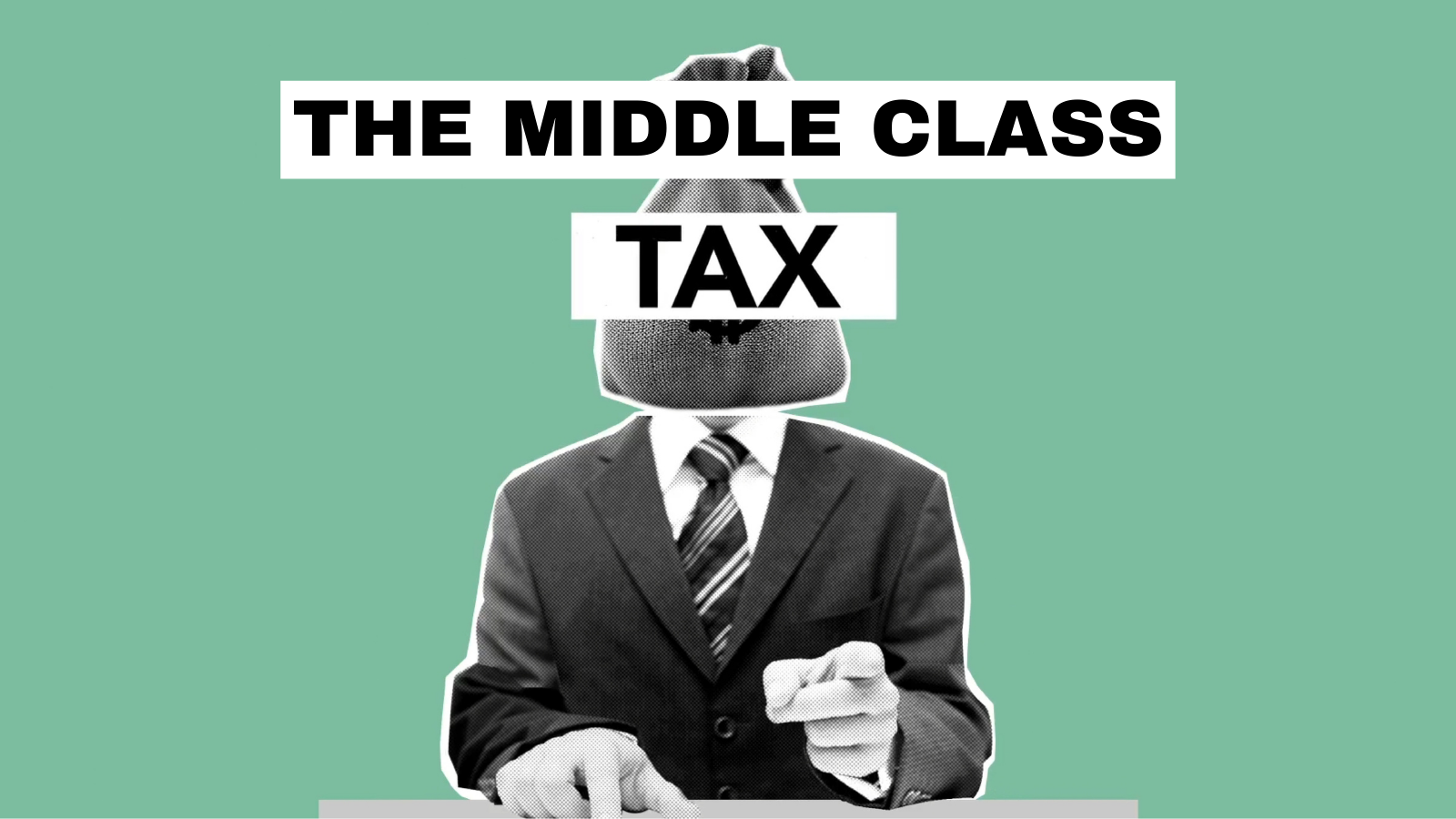Source: The News & Observer
On the surface, the idea of tax cuts sounds very appealing to a lot of people – but unless you’re wealthy, when Republicans talk tax cuts it’s really code for “screwing over the middle class and slashing budgets to make rich people richer.”
That’s why you should be concerned.
Democratic Gov. Roy Cooper has warned in recent weeks that plans by the NCGOP to expand private school vouchers and cut income taxes even further have forced the state’s public schools into a state of emergency, The News & Observer reported.
The governor’s top budget officials said in July that the Republican Senate’s effort to accelerate tax cuts ahead of the current schedule would cost the state $13 billion annually by 2030 – equivalent to 19% of the state’s current general fund. A loss that significant would result in massive reductions in public school, community college and state university funding, along with other necessary cuts.
The state currently invests around $11.3 billion in K-12 education but under the NCGOP’s plan, funding would be cut by $2.1 billion. The UNC System would also see cuts of $680 million and community colleges would lose about $260 million, Cooper’s budget officials said.
Instead of doing their job, Republicans spent basically the entire month of July on vacation despite the fact that they didn’t even have a state budget agreement in place (which was due on July 1). The lack of a budget is an embarrassment for Republicans because they only have to agree among themselves – with their legislative supermajority they only need to come to an agreement between members of the party in both chambers.
Instead of worrying about the budget and the implications of not passing one, Republicans have been concerning themselves with a debate over the idea of letting casinos open in North Carolina, outside of Native American tribal land.
The News & Observer’s Ned Barnett spoke with Aidan Davis, who tracks state budgets for the Institute on Taxation and Economic Policy, a nonprofit, nonpartisan research organization based in the nation’s capital, for her outside perspective.
Davis said that North Carolina isn’t alone in cutting state and income taxes – it’s something that red and blue states alike have been doing due to very strong tax revenue and massive amounts of COVID relief money that has flooded states. Davis said that most states have extra money and lawmakers are chomping at the bit to lower taxes due to its popularity.
Davis told Barnett that it’s a risky move and lawmakers are showing they don’t have a full understanding of the factors at play because they are responding to temporary prosperity by coming up with policies that could result in long-term austerity.
“What the strong revenue has done is temporarily mask some of the impacts of these tax cuts that are being proposed and passed,” she said. “The reality is that they are reducing revenue in a major way.”
Barnett writes that Republicans “know better, [but] still cling to the idea that cutting taxes somehow increases tax revenue,” but no matter what, “Republicans can’t repeal math.”
“It’s not controversial that tax cuts reduce revenue. That seems obvious,” Davis said. “It’s been well documented that the history of cuts in North Carolina over not just the past couple years but over a decade have resulted in deep revenue losses to the state.”
Lowering personal income taxes and eliminating the corporate income tax entirely will make taxes here become increasingly regressive and things like sports betting and casinos are just other forms of regressive taxation.
“The trickle-down tax cutting for the rich agenda that we’ve seen pushed in the states has only three potential outcomes,” Davis said. “You’re going to see drastic cuts in state and local services, or it’s going to be higher taxes on poor or middle-income families or, more often than not, it’s going to be a mix of those two things.”
Davis warned that when politicians make the decision to prioritize tax cuts, “they have to deprioritize something else that could be strengthening their states.”





